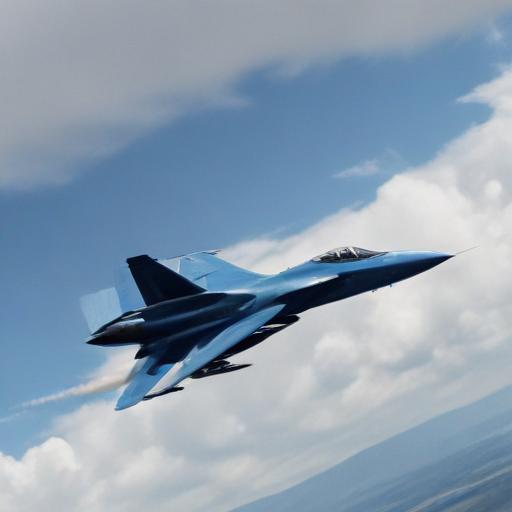Israel’s recent military operations against Iran have reached a pivotal point following the commencement of a significant aerial campaign known as Operation Rising Lion. Within days, the Israeli Air Force claimed aerial superiority over Tehran, indicating a significant shift in the dynamics of their conflict. This newfound dominance allows Israel to conduct strikes across Iran with limited opposition, setting the stage for an escalation in their military efforts.
Israel commenced these operations following a report from the International Atomic Energy Agency (IAEA) indicating that Iran was nearing the point of being able to produce a nuclear weapon. The air campaign has focused on critical sites including nuclear facilities, missile launching points, and high-ranking members of Iran’s Revolutionary Guard Corps. Israeli Prime Minister Benjamin Netanyahu has committed to continuing the offensive until Iran’s nuclear capabilities and missile stockpiles are fully dismantled.
U.S. support has been instrumental, with President Donald Trump affirming Israel’s claims of control over Iranian airspace. Trump lauded the effectiveness of American-made military technology, contrasting it with Iran’s capabilities. However, experts express that while Israel achieves tactical successes, the broader implications for diplomacy and nuclear negotiations with Iran have become exceedingly complicated. Richard Nephew, a former Deputy Special Envoy for Iran, points out that the current military actions have made the revival of negotiations increasingly difficult, particularly given the perception of instability surrounding U.S. commitments.
In terms of military tactics, Israel’s ability to establish air supremacy within days is regarded as an exceptional achievement, especially when compared to the struggles faced by larger military factions, such as Russia in Ukraine. The speed and effectiveness of Israel’s operations stem from thorough preparations, including prior military engagements that provided insights into Iran’s defenses.
However, the ramifications of this campaign raise concerns about a potential Iranian backlash. Analysts remind that an embattled regime could resort to desperate measures, including the use of proxies and attempts to accelerate its nuclear ambitions covertly. Meanwhile, Iran has reported significant civilian casualties, with the toll from the conflict escalating amidst the aerial bombardments.
In conclusion, while Israel’s air campaign represents a strategic military advantage, it brings a complex array of diplomatic challenges and concerns about future retaliatory actions from Iran. The ongoing situation underscores the intricate interplay of military success and geopolitical stability in this volatile region. The hope remains that diplomatic resolutions can be sought even amidst these tensions, as sustained conflict could yield devastating consequences for all parties involved.
